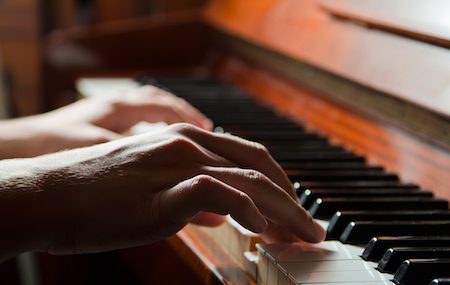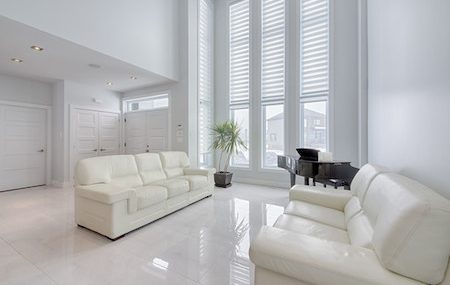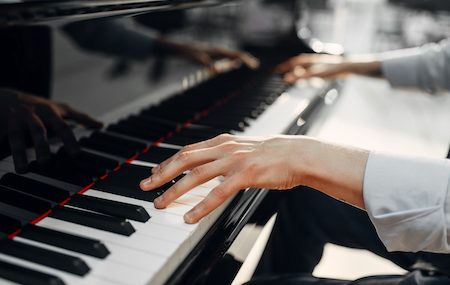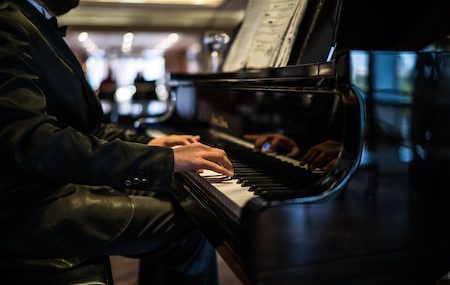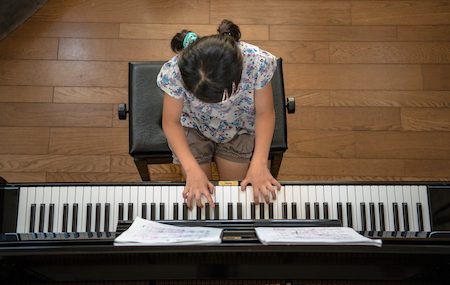Do you eat better to improve your health?
Do you exercise to stay fit?
What if you could do something for your brain to make it stay healthy too?
You can.
Piano playing has been around for hundreds of years. And while it’s easy to look at it as a wonderful hobby that adds music to your life, there’s more to it than that. Studies continually show that piano playing can help what ails you, and make you happy and healthy for life.
Piano playing reduces stress
This past year has shown us stress can leap to entirely new levels. It also showed us we can stop and spend more time at home doing the things we love. Stress can release into the body in many different ways. For some, it shows up as mood changes, fatigue, and even digestive problems. For others, it can slowly impact health until you have chronic conditions. But taking up a hobby can give you a release for that energy. Piano playing requires concentration, and gives your brain a chance to relax from the constant barrage of content that comes at you all the time. Piano playing allows you to go into an almost meditative state, which can help lower blood pressure and allow the tension to release from your body.
Piano playing improves cognitive function
People have long since documented that piano playing in young children can improve memory, help with language, and increase test taking skills. When you continue playing as you age, it can help improve memory, slow the process of dementia, and help increase brain function. If you push your skills, learn to read sheet music, and become better at piano playing through daily practice, it can continue to help you grow as an individual, and give you purpose and drive.
Piano playing increases self esteem
As people age, they spend more time alone. For some, that can be a lonely experience, which can lead to adverse effects such as further withdrawal. Playing the piano increases your skills and allows you to concentrate on things outside of your norm. It gives you a chance to connect with people on a different level, especially if you start taking lessons. Share what you do – you’ll be amazed at how it can help connect you with others in the world.
Music therapy is just beginning to break into helping people with all kinds of ailments. Whether it’s listening or playing, participating actively, or simply sitting and listening, music can have a long lasting impact on our health.
Have you turned to piano playing over this past year?
